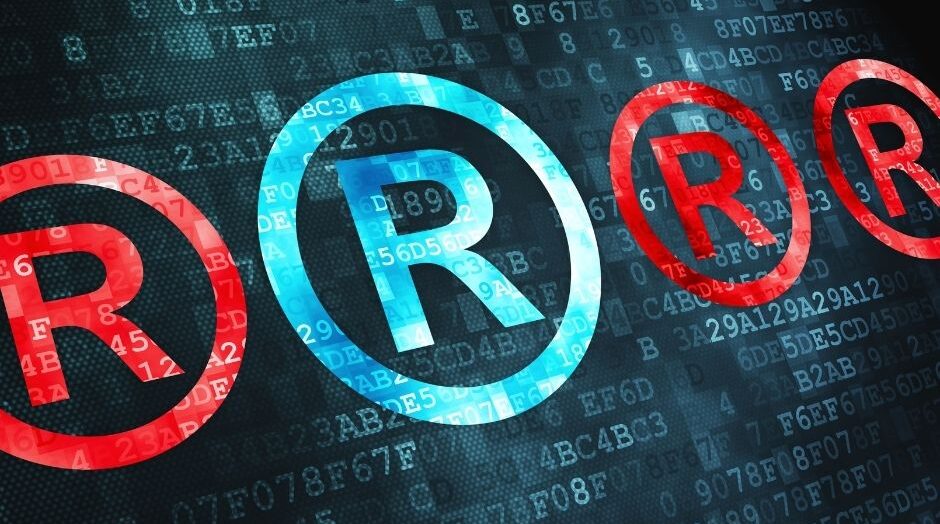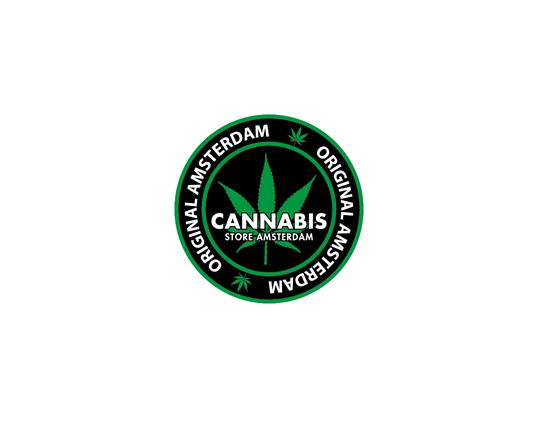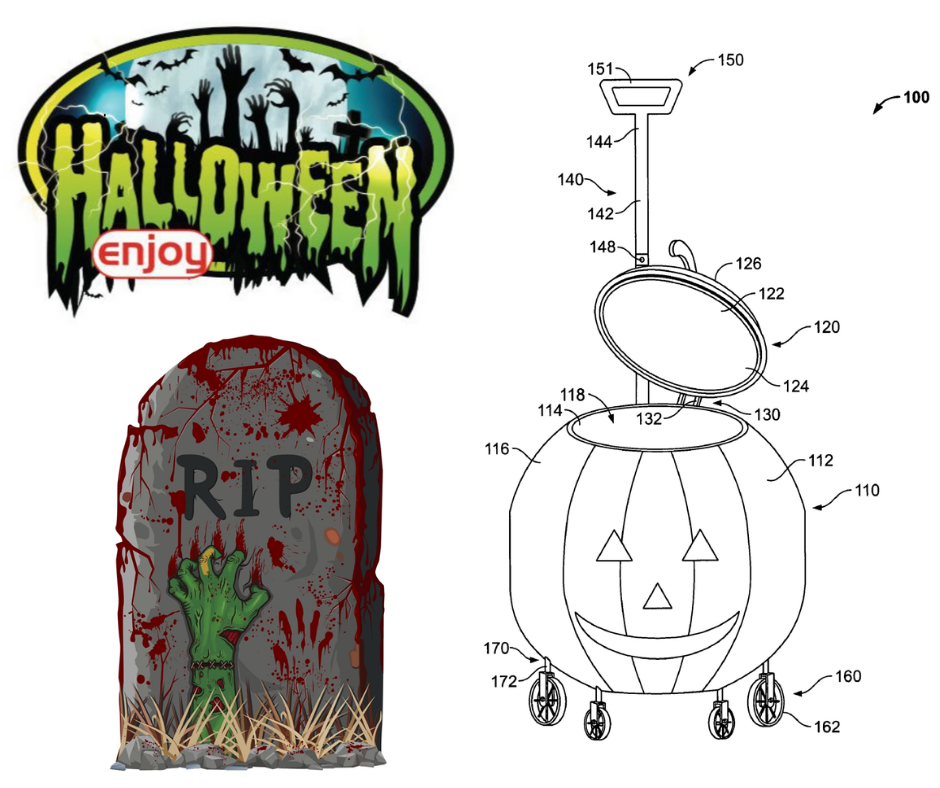In a judgment of December 12th 2019, in case T-683/18, the General Court (Seventh Chamber) stated that a trademark referring to cannabis cannot be registered, as it is contrary to public policy in the meaning of Article 7(1)(f) and Article 7(2) of Regulation 2017/1001on the Trademark of the European Union.
The General Court was requested to make the assessment of the decision of the Second Chamber of Appeal of the European Union Intellectual Property Office (EUIPO) on refusal of registration of a EU application for a word-figurative trademark CANNABIS STORE AMSTERDAM no. 016176968, having the following representation:

due to failure to comply with absolute grounds of registration, consisting namely in the lack of conformity to public policy in accordance with Article 7(1)(f) and Article 7(2) of the Regulation of the European Parliament and the Council (EU) 2017/1001 as of 14th June 2017 on the Trademark of the European Union (previously the Regulation of the Council (EC) no. 207/2009 as of 26th February 2009 on the Trademark of the European Union (Journal of Laws 2009, L 78, page 1).
The above mentioned trademark was applied on 19th December 2016 by Ms. Santa Conte, with the registered office in Naples, Italy, for goods and services in classes 30 (baked goods, confectionery, chocolate and desserts; salt, seasonings, flavorings and condiments; ice, ice creams, frozen yogurts and sorbets; savory pastries), 32 (soft drinks; beer and brewery products; preparations for making beverages) and 43 (services for providing food and drink) in accordance with the International Nice Classification of Goods and Services for the Purpose of the Registration of Marks.
The application was rejected by the examiner on the grounds of Article 7 (1)(b) and (c) and art. 7(2) of the Regulation no. 207/2009 [currently art. 7 (1)(b) and (c) and art. 7(2) of the Regulation 2017/1001], namely as a result of the lack of distinctiveness of the applied trademark and on the basis of the criterion stating that the marks, which consist exclusively of designations or indications which may be used in trade for designating the kind, quality, quantity, the intended purpose, value, geographical origin or the time of manufacturing a product or providing a service, or indicating any other properties of goods or services, shall be exempt from registration. The above provisions shall be applied, regardless of the fact that the grounds for refusal of registration exist only in part of the European Union.
The complaining party – Ms. Santa Conte, filed an appeal against the EUIPO examiner’s decision and the case was passed on for examination by the Chambers of Appeal.
At this stage, the grounds for refusal of granting the right of protection to the subject trademark were extended (the Chambers of Appeal are authorized to raise an absolute ground of refusal of registration which was not quoted in the examiner’s decision) and the Second Chamber of Appeal, by virtue of a decision of 31st August 2018 (hereafter referred to as „the complained decision”) dismissed the appeal on the basis of art. 7 (1)(f) of the Regulation 2017/1001, having stated that the designation under the applied trademark is contrary to public policy.
Further on, the Court dismissed the complaint of Ms. Santa Conte, commenting in its judgment two allegations raised by the complaining party. The first of them concerned the allegedly inappropriate definition of the relevant circle of consumers, and the second – the question of contrariness of the mark to public policy.
What is essential to note, the Court pointed out that the Chamber of Appeal had not made a mistake in determining the relevant consumers and approved the standpoint that the relevant circle of consumers will not only be the English-speaking consumers, but all the consumers in the European Union who will be able to understand the meaning of the term “cannabis” paired with the above presented graphic element.
As regards the second allegation, the Court upheld the standpoint of the Chamber of Appeal that hence in many countries of the European Union the consumption of cannabis is illegal if the products obtained from it contain THC in excess of 0,2% (it is so for example in Poland, Bulgaria, Finland, France, Hungary, Ireland, Slovakia or Sweden), and the word “CANNABIS” used in the trademark along with the graphic elements representing the leaves of cannabis will be understood by the majority of consumers, the application for the subject trademark is contrary to public policy in the respective countries of the European Union, and consequently it cannot be registered.

Nina Jankowska is a patent attorney in Trademark and Industrial Design Department at Patpol.. She graduated from the Warsaw School of Economics, currently studying law at the Kozminski University. Contact with the author













